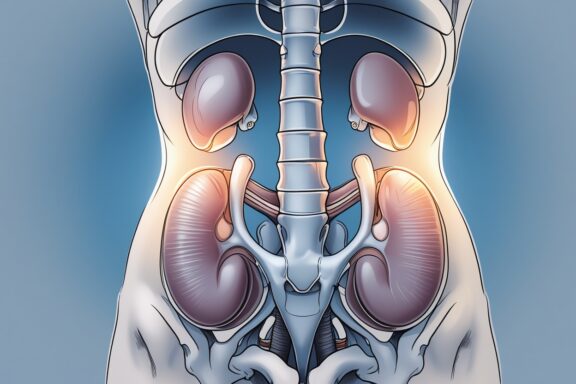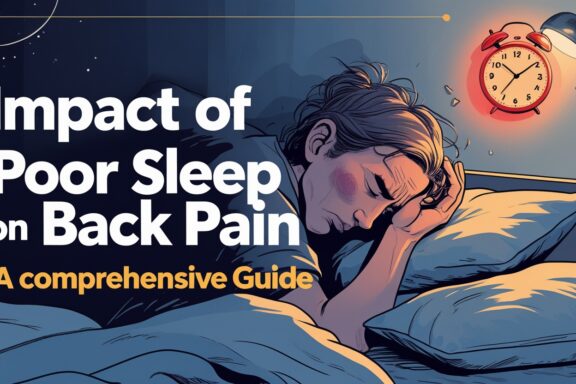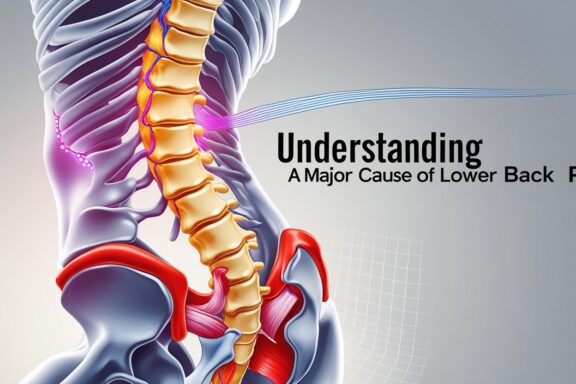Back pain—it’s the uninvited guest that overstays its welcome, affecting millions worldwide. But here’s the kicker: traditional approaches often fall short, leaving patients frustrated and searching for alternatives. Enter mind-body methods, a game-changing approach that’s reshaping how we tackle this persistent problem. The value of mind-body methods for treating back pain extends far beyond temporary relief. These integrative techniques address…
Lower Back Pain Relief Methods
Ever wondered why that persistent ache in your lower back might be more than just poor posture? Well, here’s the thing – your kidneys and your back pain could be more connected than you think. Understanding this link isn’t just academic curiosity; it’s potentially life-saving knowledge that every person should have in their health toolkit. That nagging pain in your…
Tossing and turning all night? Your aching back might be to blame—or maybe it’s the other way around. This intricate relationship between sleep quality and spinal health affects millions worldwide, creating a frustrating cycle that seems impossible to break. Understanding the Sleep-Back Pain Connection Ever wonder why your back feels like it’s been through a blender after a restless night?…
Sciatica affects millions worldwide, causing excruciating pain that radiates from the lower back down through the legs. This comprehensive guide explores the anatomy, causes, symptoms, and treatment options for this debilitating condition that impacts daily life for so many sufferers. What Exactly Is Sciatica? Let’s cut to the chase – sciatica isn’t just your run-of-the-mill backache. Nope, it’s a specific…
Ouch! There it is again—that nagging lower back ache that’s been your unwelcome companion for weeks, maybe months. You’re not alone in this struggle, friend. According to the American Chiropractic Association, approximately 31 million Americans experience lower back pain at any given time. But here’s the kicker: one of the most effective remedies might be as simple as lacing up…
Lower back pain is a common condition that can have a negative effect on a person’s quality of life by restricting their mobility and making them uncomfortable. To reduce symptoms and encourage healing, finding lower back pain treatment methods that work is essential. Water therapy, commonly referred to as aquatic therapy or hydrotherapy, is one potential treatment approach that has…






